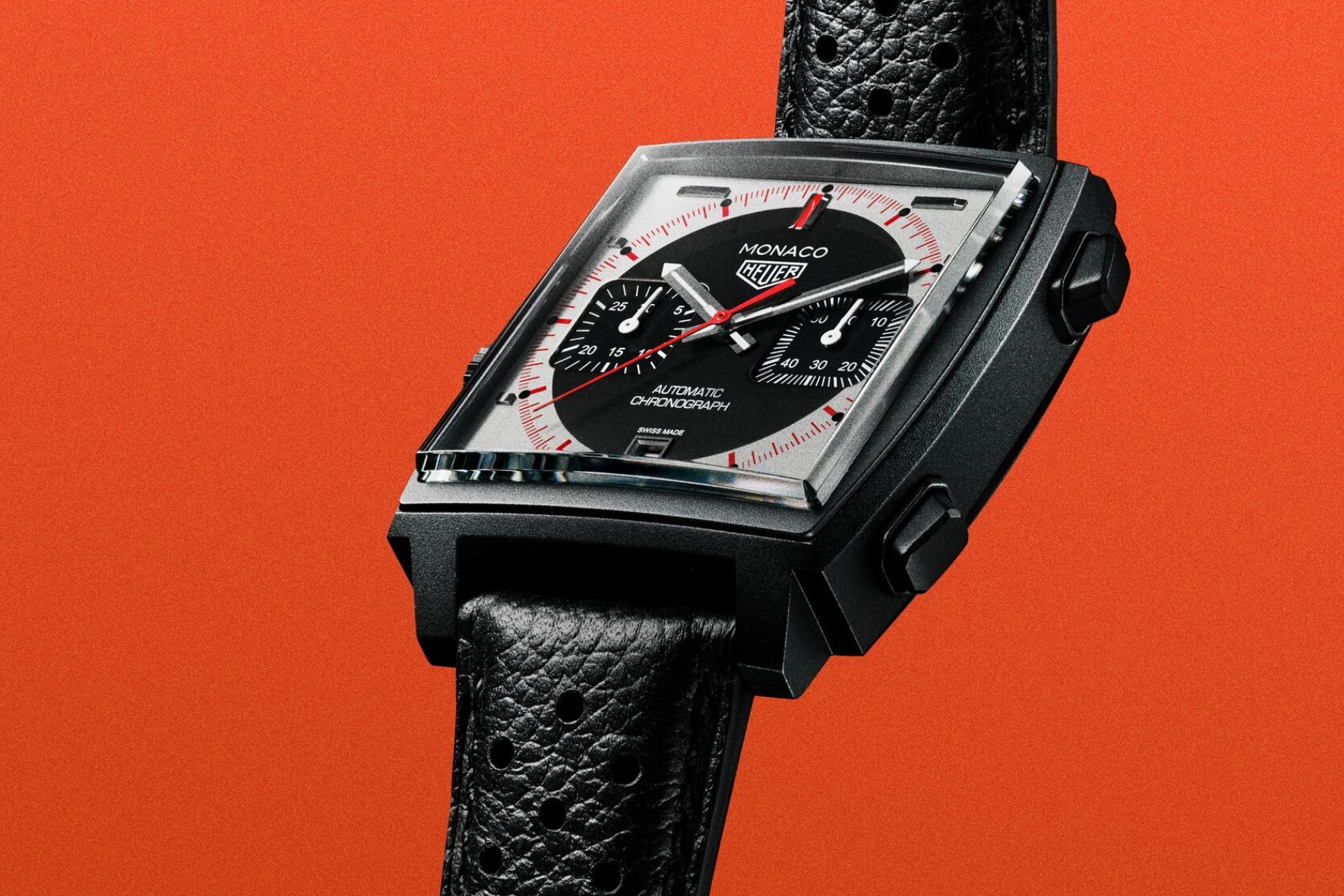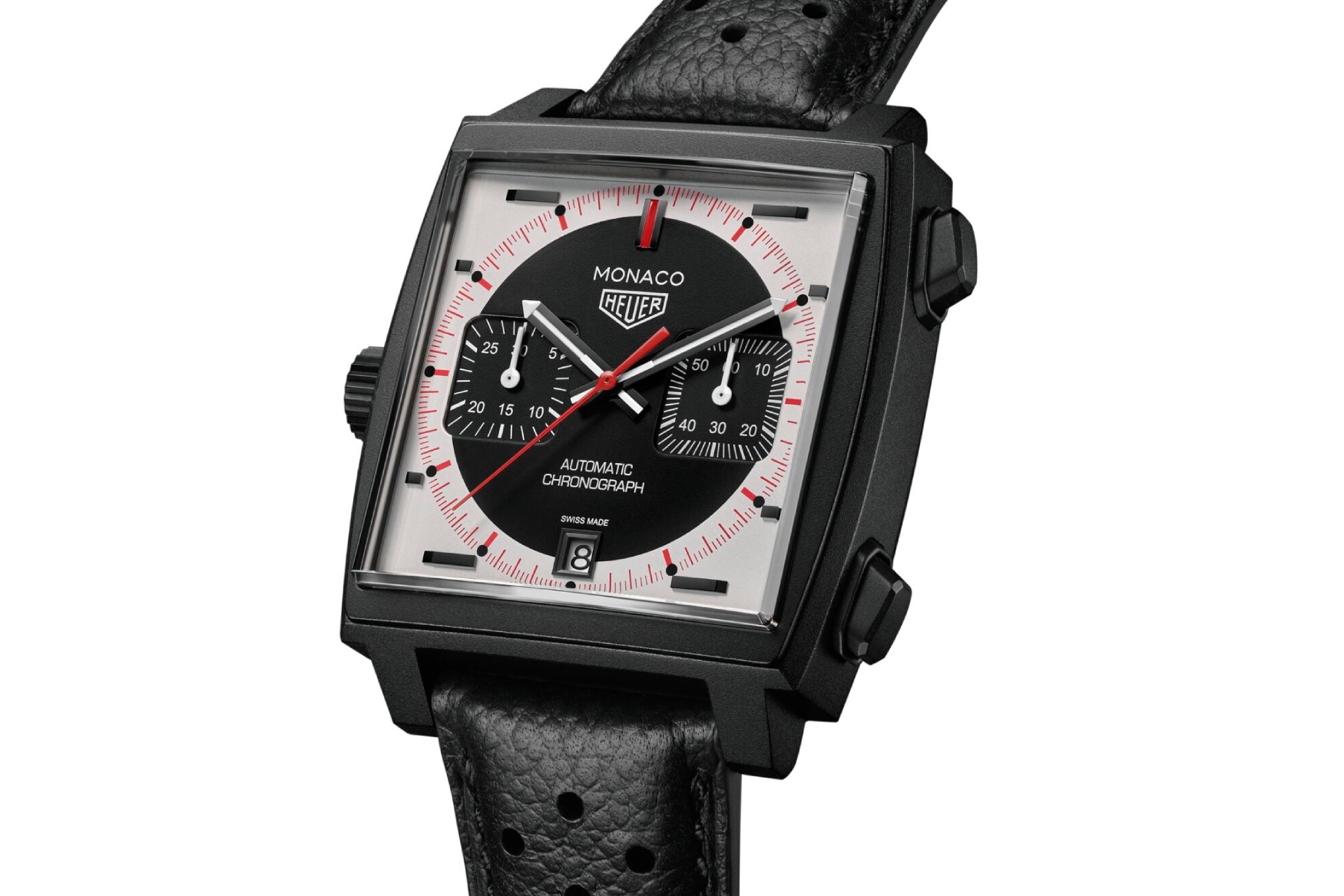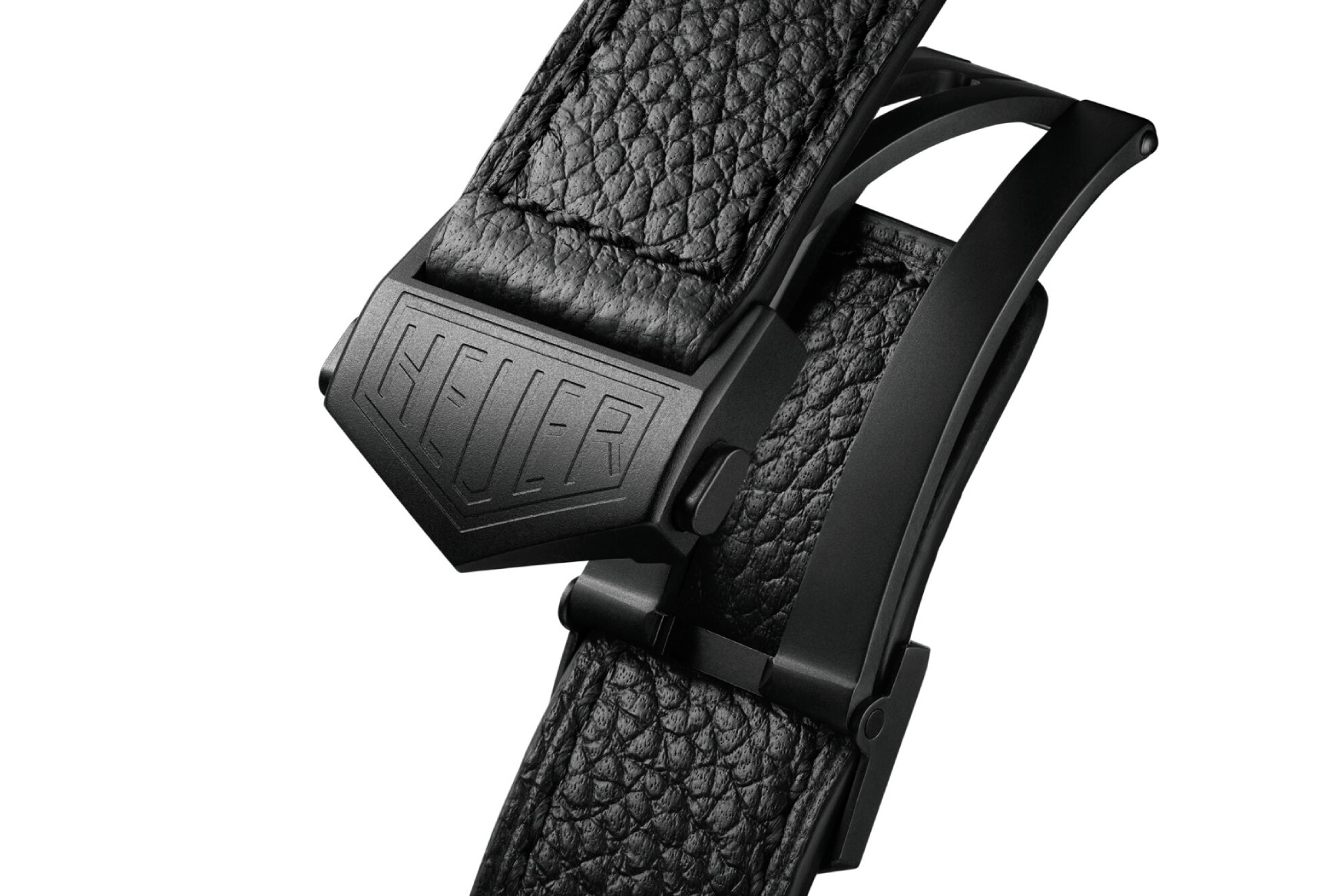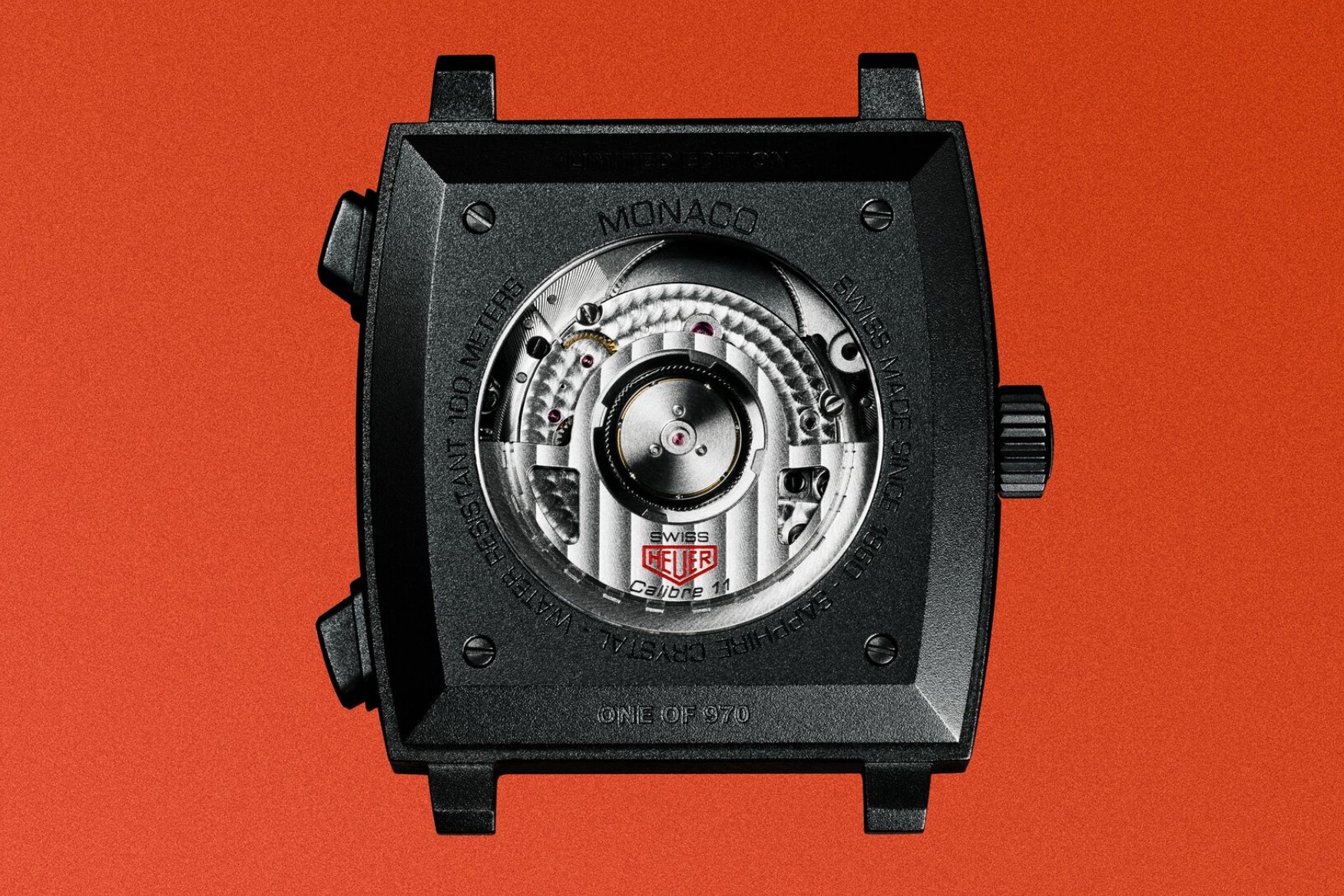Stop the clock: TAG Heuer’s latest retro-tastic Monaco is inspired by Heuer’s iconic Formula 1 stopwatches
Jamie Weiss- Despite its name, the TAG Heuer Monaco Chronograph Stopwatch is indeed a wristwatch – just one inspired by iconic Heuer 60s/70s stopwatches.
- Unconventional inspiration aside, it features a winning retro design, pairing a charming black and silver dial with a black DLC titanium case.
- It arrives in time for the 2025 Formula 1 Monaco Grand Prix in a year that marks TAG Heuer’s return as F1’s official timekeeper.
If you’re reading this article, you’re probably at least passingly familiar with Formula 1 and its goings-on, but in case you’re not, there’s four things you need to know: F1 is the world’s fastest-growing spectator sport, 2025 is shaping up to be a particulary exciting F1 season, this weekend is the 2025 Monaco Grand Prix – one of the most prestigious and famous races in the world – and as of 2025, TAG Heuer has resumed its role as F1’s official timekeeper. TAG Heuer has long since had a presence at the Monaco Grand Prix, and of course, one of their most famous watches is named after the race, but this Monaco race weekend is particularly momentous for TAG.
For this year’s Monaco GP, TAG has released three different takes on the Monaco, including a Gulf-branded model that evokes one of the most recognisable motorsports sponsorships/liveries of all time, as well as a high-tech take on its already special Monaco Split-Seconds Chronograph. The third of these Monacos, though, the Monaco Chronograph Stopwatch, has a slightly more esoteric raison d’être: it’s modelled after the stopwatches and timing instruments Heuer used in the 1960s and 70s.
On paper, it’s a bit of a weird one. It’s a wristwatch inspired by a stopwatch? That might be somewhat confusing, but what’s not confusing at all is why I am (and I’m sure plenty of watch collectors will be) excited about it. Simply put, it just looks fantastic.
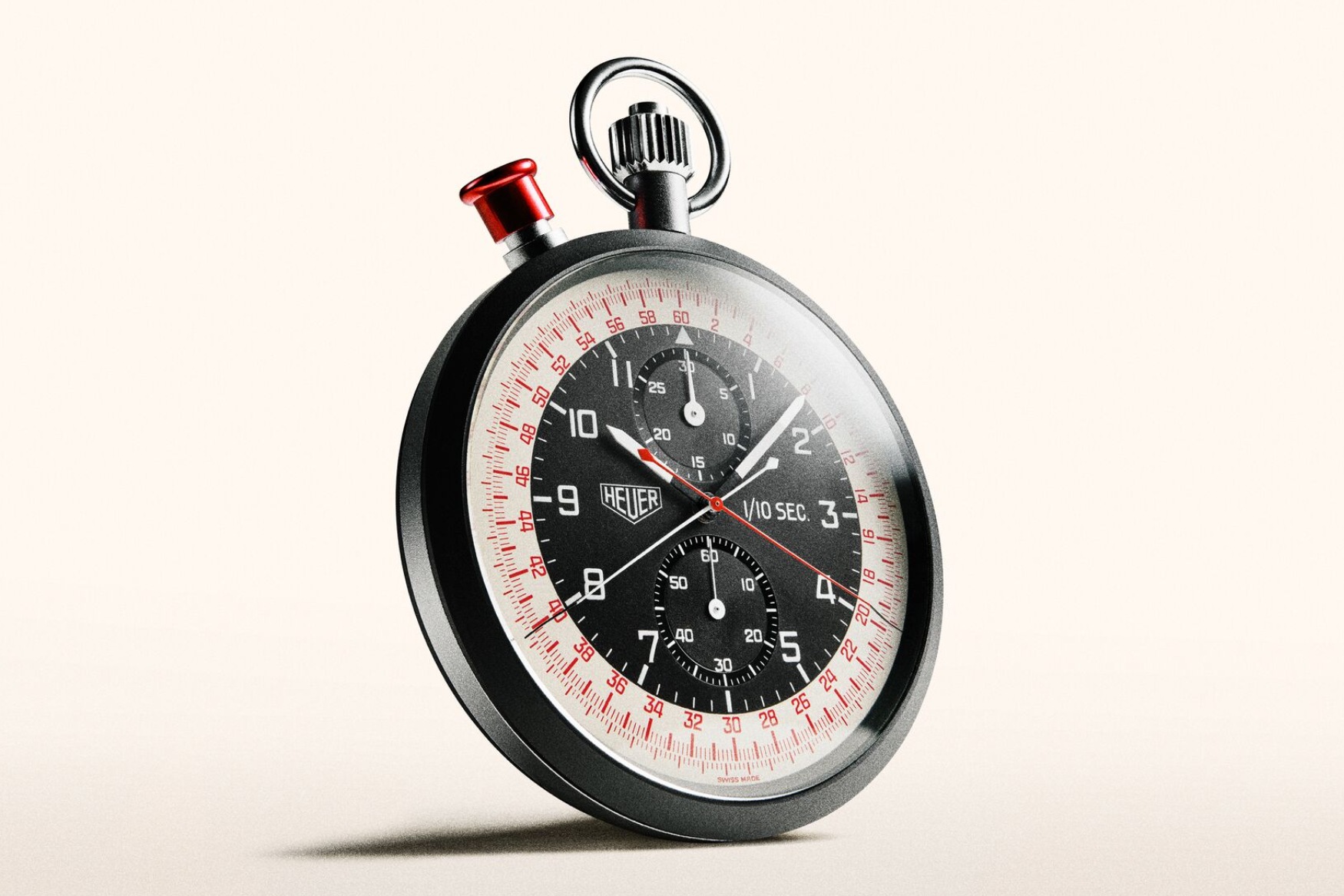
A moment on those stopwatches, though, and Heuer in the 60s and 70s. (TAG) Heuer is a 165-year-old firm, but these two decades would prove to be the most momentous in the brand’s history. These days, the official timekeeper role for F1 is more symbolic rather than functional, with digital timing instruments and car-mounted transponders provided by other, specialised firms, but in the 60s, Heuer was at the forefront of timing technology.
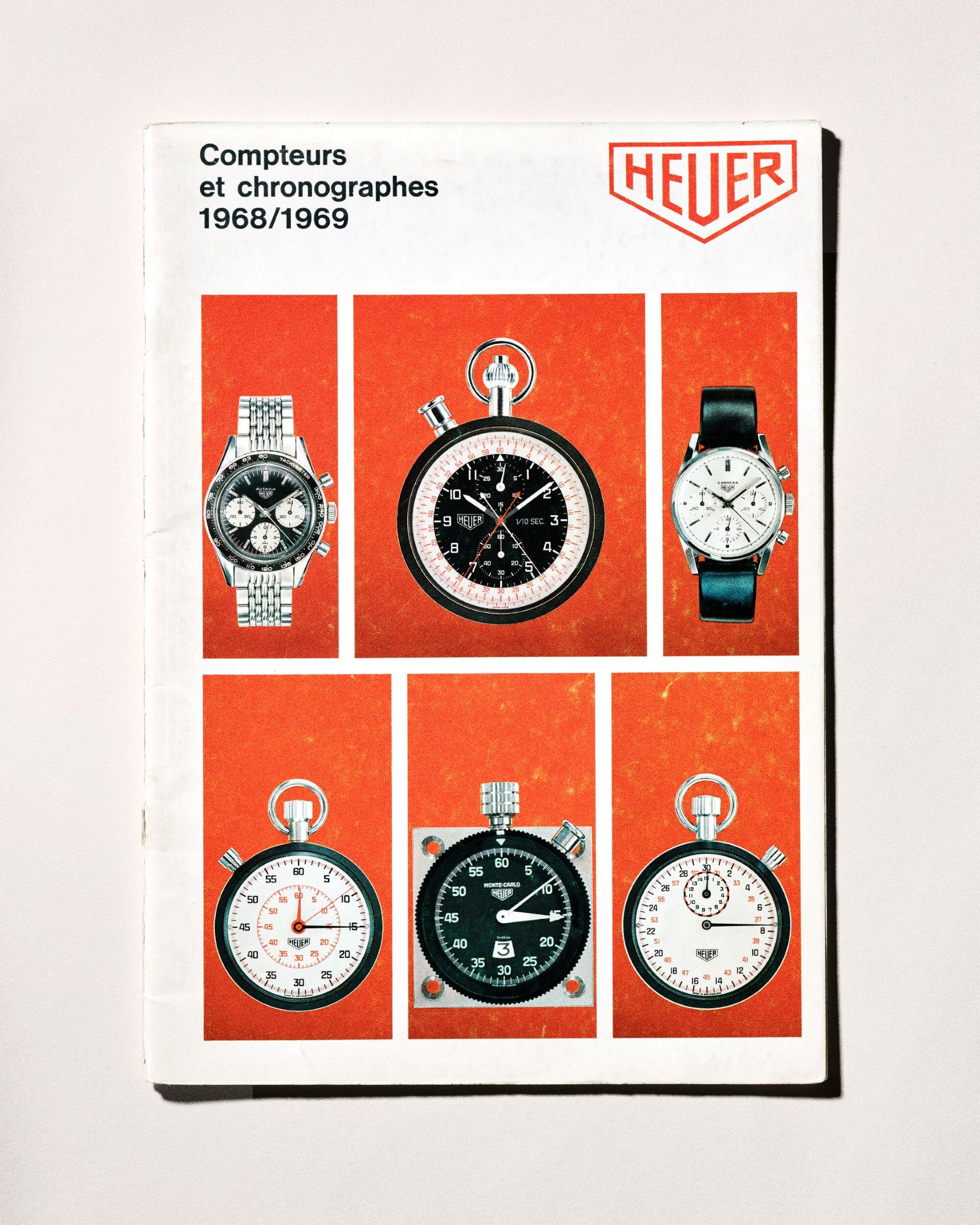
In 1972, Heuer developed the Centigraph HL205, a 1/1,000th of a second quartz printing sports timer, at the behest of Enzo Ferrari, who was convinced that the French were cheating at the 24 Hours of Le Mans. Heuer, which was the first watchmaker to partner with a Formula 1 team, then used the Centigraph to independently time F1 races for Ferrari, with Heuer timekeeper and motorcycle racer Jean Campiche a regular sight at F1 races. Heuer stopwatches and chronographs were also common sights in the F1 paddocks of the day, used by race engineers and fans alike to keep track of lap times, and were widely utilised by professionals in other racing categories and disciplines.
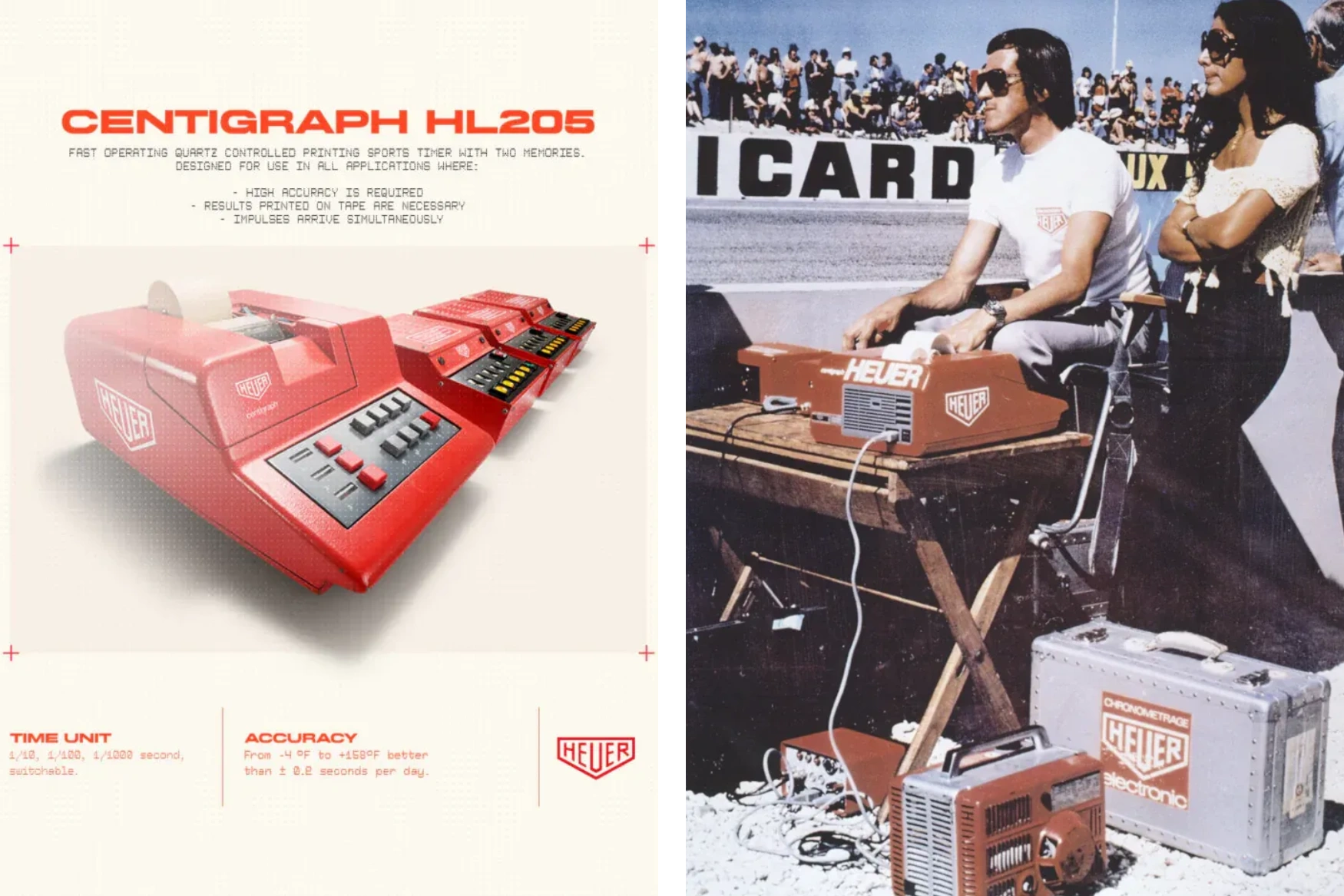
1969 also saw the introduction of the original Calibre 11, which at the time was one of the world’s first automatic chronograph movements. Heuer debuted this movement in the Autavia, Carrera and Monaco simultaneously, but the Carrera and Autavia names already existed, whereas the Monaco was something new – and something very different, becoming the world’s first automatic square chronograph. Its square form was distinctive and radical for the time, which no doubt informed Steve McQueen’s choice to wear it in Le Mans (1971) – a decision that would cement the Monaco’s legacy as one of the most iconic motorsports watches of all time.
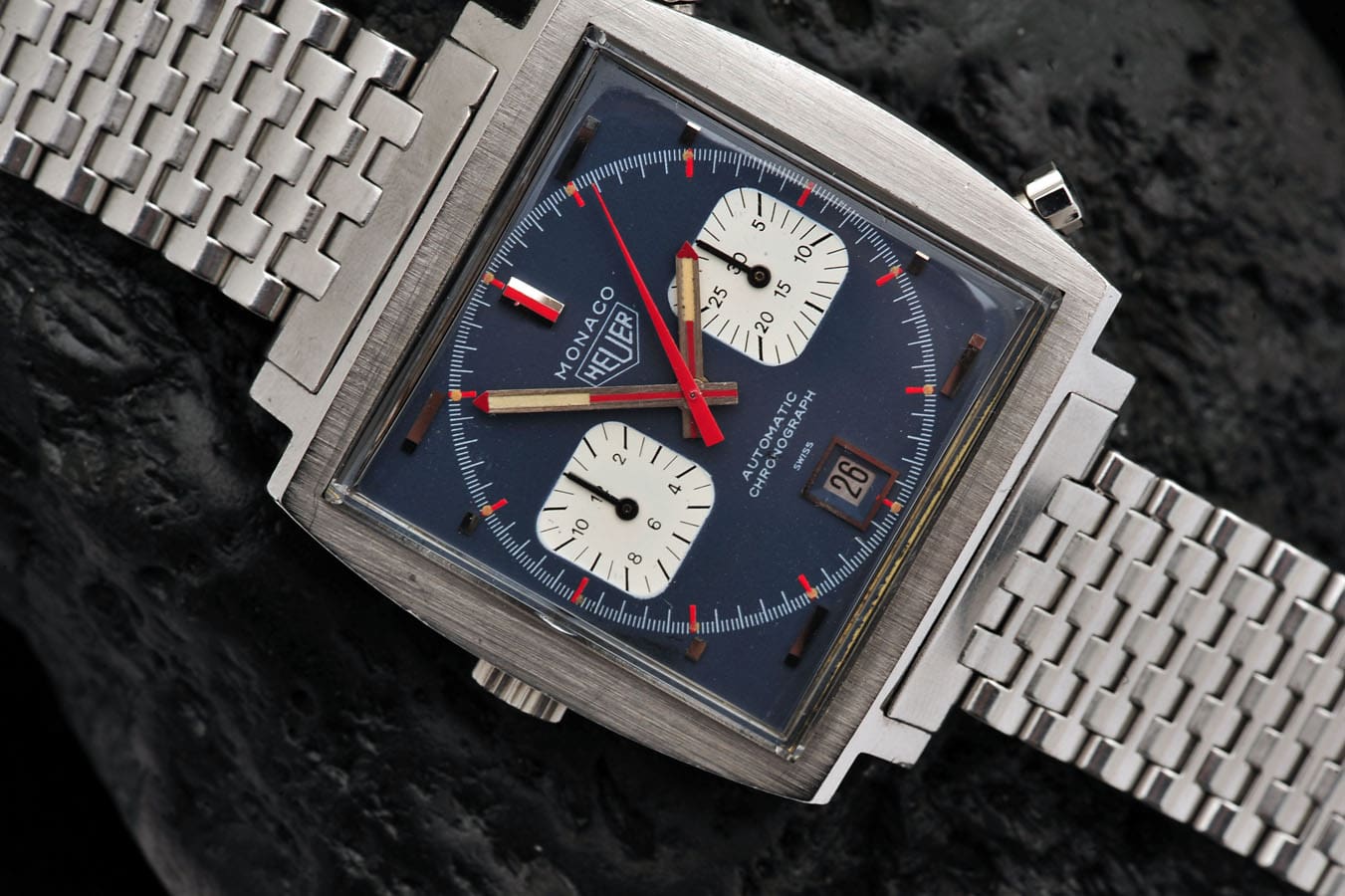
Anyway, back to 2025. The TAG Heuer Monaco Chronograph Stopwatch also utilises a movement called the Calibre 11: this isn’t the same movement from the 60s (it’s a Sellita SW300 with a Dubois Dépraz module) but still provides for the crown being mounted on the left, just like watches with the original Calibre 11/Chronomatic movement, which is a nice retro touch.
Another period-correct feature is that this reference, like many Monaco and Carrera models, has ‘Heuer’ rather than ‘TAG Heuer’ branding, with the Heuer logo appearing on the dial as well as forming the shape of the watch’s buckle. The perforated rally-style strap is also bang-on vibe.
Its black and silver opaline dial, which I think is one of the most charming dials to have ever graced a Monaco, draws inspiration from a number of Heuer watches, stopwatches, dash clocks and timing devices of the 60s and 70s, but most closely resembles the look of the ref. 11.401/11.402, an aluminium-cased 1/10th-second stopwatch, examples of which are quite rare and prized by collectors today. However, rather than aluminium, it’s actually cased in black DLC-treated titanium, which gives it a distinctly sporty and contemporary appeal.
I really like this Monaco, but there’s two small niggles I have with it. Firstly, seeing as it’s modelled after a split-seconds stopwatch, I’m not sure why TAG didn’t instead apply this colourway to the Monaco Split-Seconds. And while I like the fact it has a crown on the left, like original Monacos, I think it’s a little bit of a shame that it’s not powered by TAG’s more impressive in-house TH20-00 movement. These aren’t dealbreakers, though, and I can’t think of many other watches that capture the high-octane elegance of the Monaco Grand Prix better.
TAG Heuer Monaco Chronograph Stopwatch pricing and availability
The TAG Heuer Monaco Chronograph Stopwatch is a limited edition of 970 pieces and is available now. Price: CHF 9,600, A$14,600
| Brand | TAG Heuer |
| Model | Monaco Chronograph Stopwatch |
| Reference Number | CAW218F.FC6356 |
| Case Dimensions | 39mm (D) x 15mm (T) |
| Case Material | Sandblasted black DLC grade 2 titanium |
| Water Resistance | 100 metres |
| Crystal(s) | Sapphire front and back |
| Dial | Black and silver opaline, vintage Heuer logo |
| Lug Width | 22mm |
| Strap | Black perforated calfskin strap, sandblasted black DLC grade 2 titanium folding clasp, Heuer logo-shaped buckle with double safety push-buttons |
| Movement | Calibre 11, Sellita SW300-1 a base, automatic |
| Power Reserve | 40 hours |
| Functions | Hours, minutes, small seconds, date, chronograph |
| Availability | From May 2025 |
| Price | CHF 9,600 A$14,600 |





